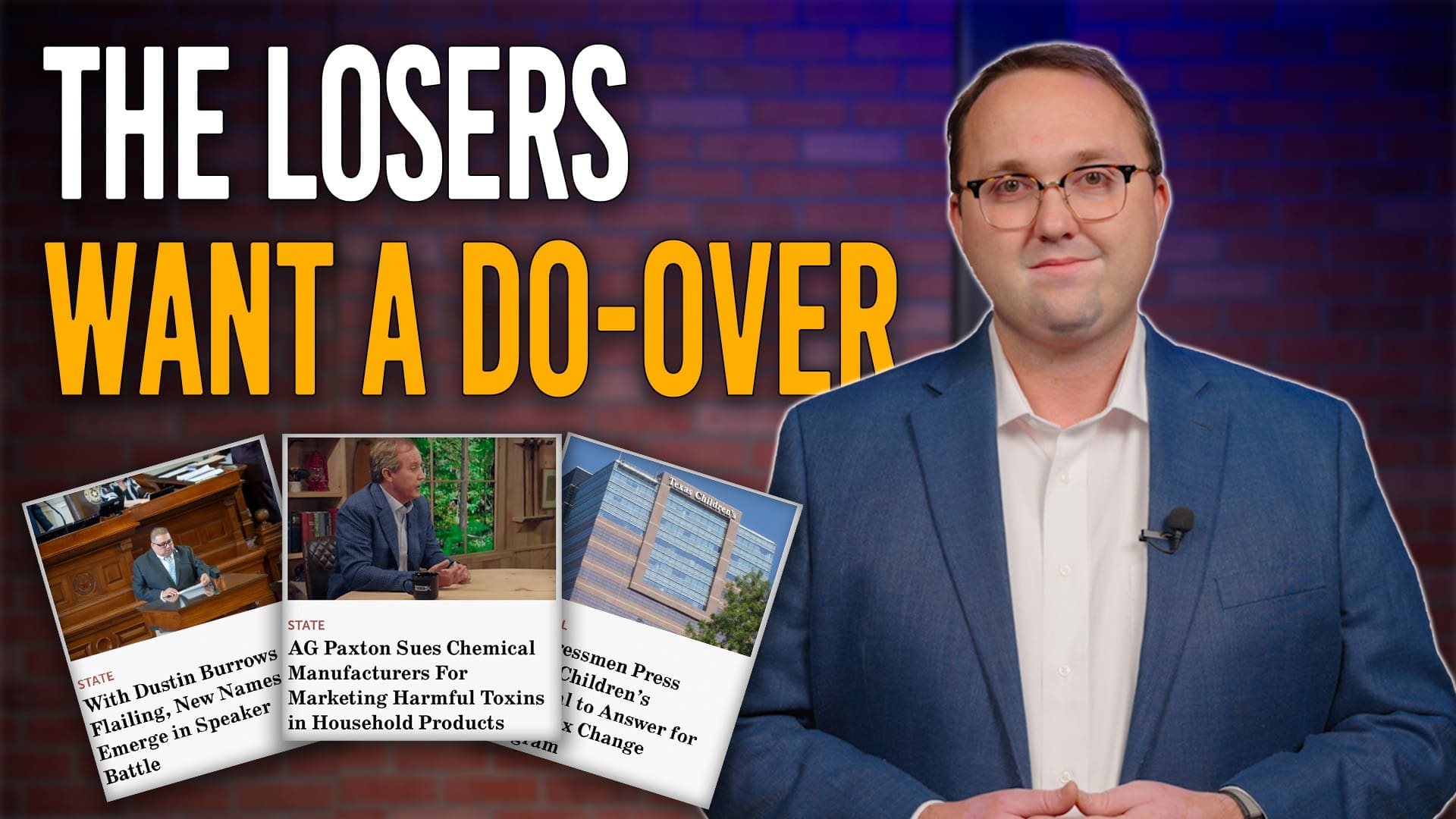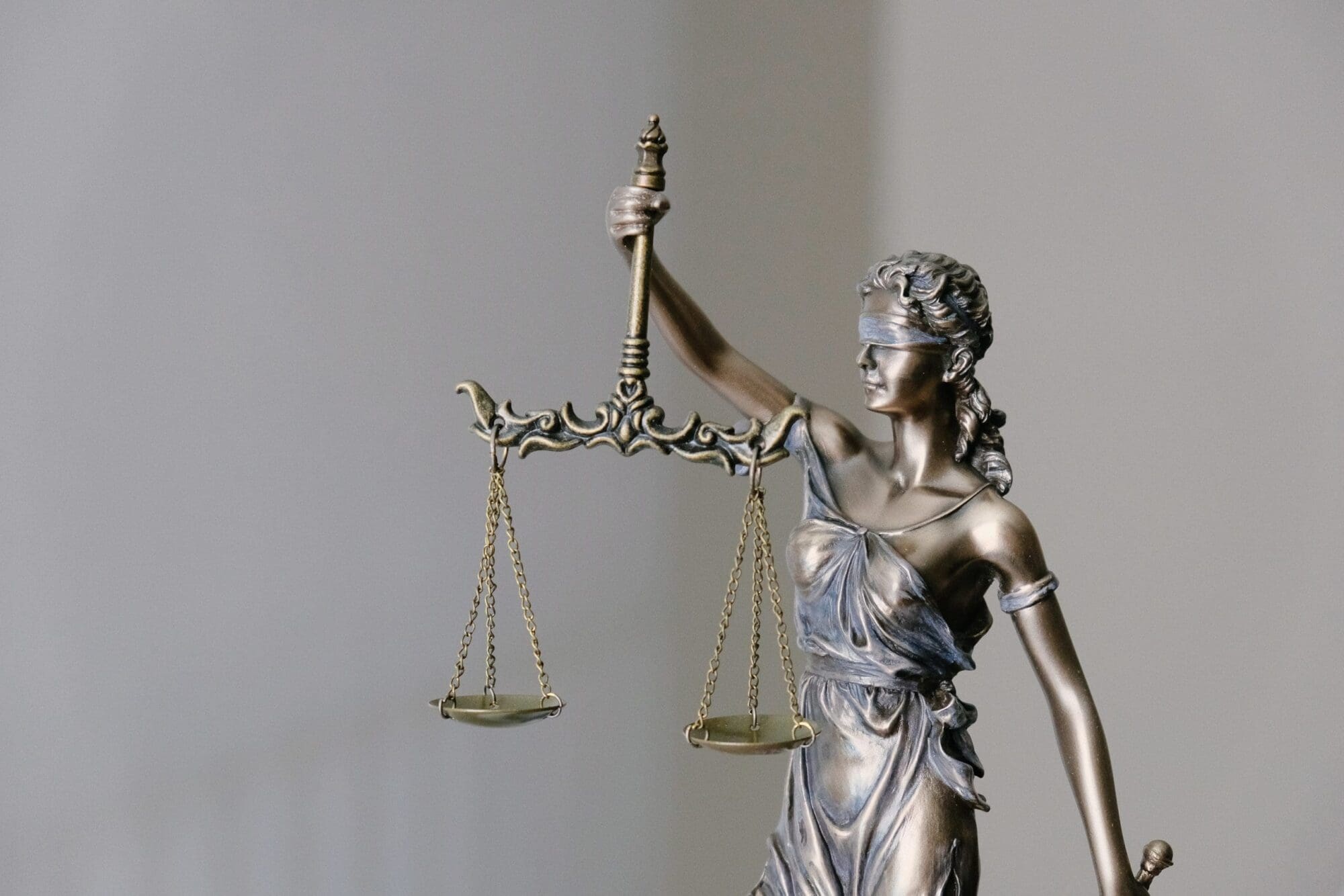Texas is currently considering sweeping changes to its system of campaign finance and government ethics laws. The drive behind these changes, we are told, is to eliminate corruption and bring transparency to the public. But some pause should be taken to examine whether bold campaign finance reform is something a free people should celebrate.
Right now, the Wisconsin Supreme Court is considering a challenge to its get-tough-on-campaign-finance provisions. In Wisconsin, prosecutors launched a secretive “John Doe” probe that included pre-dawn raids of politically active citizens’ homes. Their supposed crime involved meeting the governor to discuss fiscal policy then running advertisements to share their views with the Wisconsin electorate. All too often, tough campaign finance reform really means criminalizing politics.
Recall that Texas is the state home to numerous political speech persecutions due to over-broad and clumsily written laws. For over a decade, former Majority Leader Tom DeLay battled for his political life due to charges that he laundered money in the political process. However, Mr. DeLay financed his political operations the same way Republicans and Democrats had done for years. Or consider the case of the Carys—a married couple who incorrectly financed a judicial campaign. The State of Texas felt it proper to pursue organized crime RICO style charges against them carrying up to fourteen years in jail—because forms were not filled out correctly.
Over-criminalization is a trend that is unfortunately frequent in many areas of American law. It is especially pernicious when it comes to the freedoms of political free speech and association protected under the First Amendment. When citizens gather together to support a cause, oust a crooked officeholder, or promote legislation they believe in, this should be a cause of celebration, not vindication. A clean government and engaged citizenry comes about by lowering regulatory barriers, making it easy to speak and participate in our democracy. It does not come about by making politics only accessible to those who can hire accountants, election lawyers, and political experts to keep them safe through every regulatory nuance.
The current bundle of laws being considered in Texas would only damage constitutional freedoms and make civic engagement more difficult. Consider the attempt to force groups that might incidentally speak about political issues or candidates—House Bill 37—to have to register and report with the government. Montana tried a similar approach a few years ago and when it pursued campaign finance violations against a church, even the Ninth Circuit ruled the law unconstitutional. Or consider Texas’ attempt to remove the well-established reporter’s privilege from journalists if they are deemed to be somehow too political. This would mean that only status quo, non-threatening reporters could protect their witnesses while innovative, investigative journalists would enjoy little protection under the law. The message is clear: speak too much or disrupt the powers-that-be and constitutional protections will disappear.
This is no way to go about inspiring trust in government or eradicating corruption. Real campaign finance reform begins with the First Amendment. It welcomes a free people to hold government accountable—not by imposing a bevy of forms only the IRS could admire—but by letting people be free to challenge those in power, expose corruption, and speak about issues they care about.




